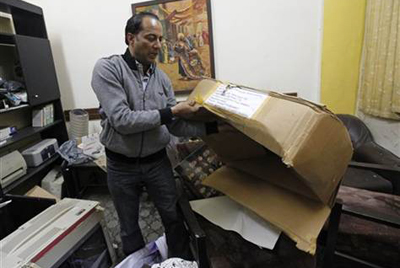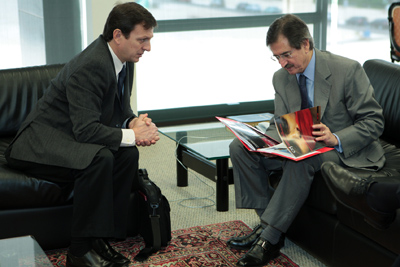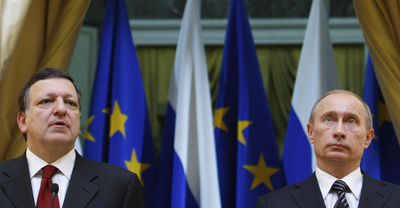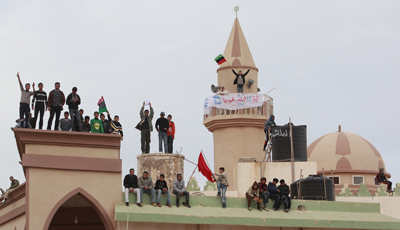2011

Libya: foreign reporters ‘outlaws’; Mideast attacks continue
New York, February 23, 2011–The Committee to Protect Journalists is concerned about the ongoing attack on journalists and bloggers in the Middle East. Today the Libyan deputy foreign minister warned foreign journalists crossing the eastern border that they will be treated as “outlaws,” according to news reports. In Iraq, gunmen raided the office of a…

Brazilian officials tell CPJ they see judicial censorship
Government officials in the administration of Brazilian President Dilma Rousseff acknowledged that judicial censorship is inhibiting the work of the local press during meetings with CPJ on Thursday and Friday. At the same time, they said that due to the separation of powers under the Brazilian constitution, there is not much they can do to…

Cambodia orders popular blog blocked
Bangkok, February 23, 2011–The Committee to Protect Journalists is concerned by reports that Cambodian authorities have ordered local Internet service providers to block a number of websites, including the popular KI Media news aggregator and commentary blog, considered critical of the government.
CPJ calls on Uganda to protect journalist shot by soldiers
New York, February 23, 2011–The Committee to Protect Journalists condemns the shooting of a freelance journalist by Ugandan soldiers on February 18, the day of parliamentary and presidential elections. Soldiers shot and injured freelance journalist Julius Odeke near Bugusege, eastern Uganda.

European Commission must press Russia on impunity
New York, February 23, 2011–In advance of key meetings on Thursday between the European Commission and Russian Prime Minister Vladimir Putin, the Committee to Protect Journalists urges European Commission President José Manuel Barroso to address Russia’s record of rampant impunity in resolving the killings of journalists.

Reporter missing in Libya; attacks continue in Yemen, Iraq
New York, February 22, 2011–The Committee to Protect Journalists is alarmed by the ongoing deterioration of conditions for the media in the Middle East, including the disappearance of Atef al-Atrash, a critical Libyan journalist, since anti-Qaddafi demonstrations began February 17. The Internet has been intermittently down since Saturday in the country, according to international news…
Lawyer’s footage of house arrest published in China
Men in plainclothes recently harassed at least six foreign journalists in Shandong province. Vivid news footage shoes a group pelting CNN reporter Stan Grant and his photographer with rocks when they tried to visit the home of an activist under house arrest. Brice Pedroletti from France’s Le Monde, Stephane Lagarde with Radio France Internationale, and…
Cuban journalist released on parole; two remain behind bars
New York, February 22, 2011–Iván Hernández Carrillo, a Cuban journalist imprisoned since March 2003, was released on parole Saturday and permitted to remain in the country, bringing to 19 the number of reporters and editors freed after an agreement between the President Raúl Castro and the Catholic Church. The Committee to Protect Journalists called on…
Libya’s disordered Internet
Craig Labowitz at Arbor has been sifting through the evidence of how countries in the Middle East have been blocking and throttling the Internet in the last week. His analysis indicates that while both Bahrain and Yemen had periods of slowed or impaired access, only Libya seems to have taken the drastic step of shutting off the…